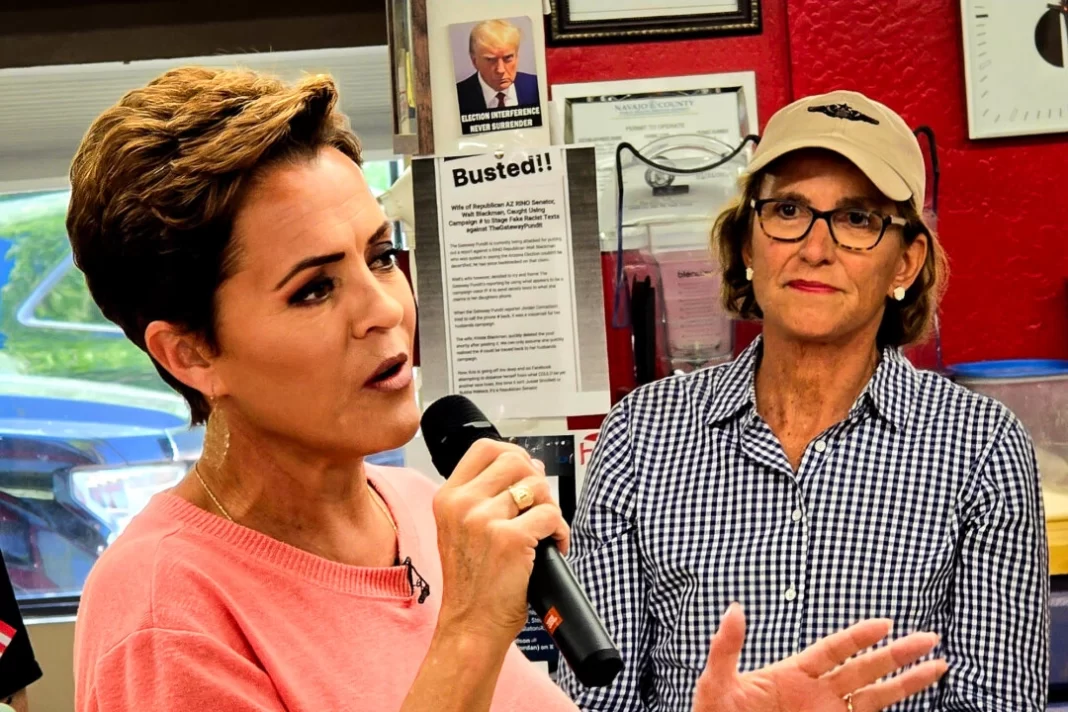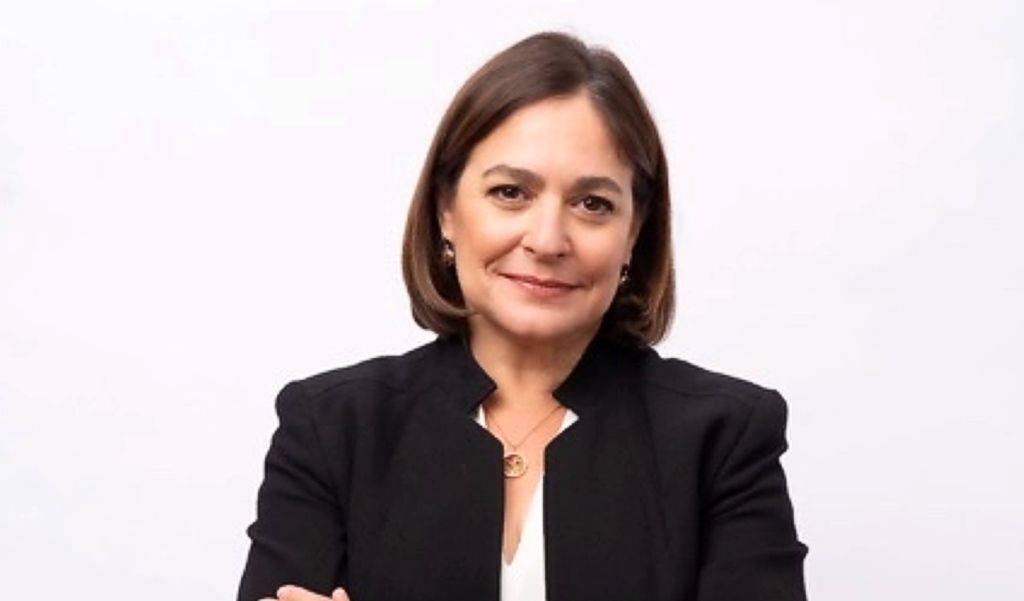I don’t often write about my Hollywood years in this newsletter. I prefer to move on with my life.
The motion picture industry as we know it is in its dotage, and the continued fascination with Hollywood is unhealthy.
Nevertheless, something cropped up recently that impels me to break my self-imposed rule.
Two aging (I should talk) Hollywood stars have been in the news—Robert DeNiro and Richard Dreyfuss.
During my years in the Industry, I had no contact with Mr. DeNiro other than as a fan, but plenty with Mr. Dreyfuss, who has been a friend and colleague for over fifty years.
Richard played the leading role of Moses Wine in my adaptation of my detective novel, “The Big Fix.” He also was offered the lead in my screenplay of Isaac Bashevis Singer’s “Enemies, A Love Story” when he declined because of a disagreement with the director, Paul Mazursky. He was replaced by the late Ron Silver.
Both DeNiro and Dreyfuss have had what one might call political outbursts, although Richard’s was as much social as political.
What I found interesting, though not surprising, was the media’s and Hollywood’s reactions to the two. Dreyfuss was condemned, while DeNiro was either applauded or patronized.
To be honest about my biases, I agreed completely with what Dreyfuss had to say (or was trying to illustrate) and thought DeNiro was so prejudiced that he began to resemble a parody of the worst of Trump Derangement Syndrome, something for the Babylon Bee.
The “Raging Bull” and “Taxi Driver” star, standing in front of the New York courthouse for Donald Trump’s so-called “hush money” trial, went so far as to say the following with a straight face:
“The Twin Towers fell just over here, just over there. This part of the city was like a ghost town, but we vowed we would not allow terrorists to change our way of life. … I love this city. I don’t want to destroy it. Donald Trump wants to destroy not only the city but the country, and eventually he can destroy the world.”






